Ten theatres have been added to the annual ‘Theatres at Risk’ register, making 2022 one of the worst years yet for historic at-risk venues.
The list, compiled by Theatres Trust, features 41 venues which are under threat – the highest number since 2013.
To merit inclusion on the register, a theatre must be at ‘threat of closure or demolition, loss of funding, lack of maintenance, or neighbouring development’.
The list includes five London theatres: Streatham Hill Theatre in Lambeth, the Intimate Theatre in Enfield, Tottenham Palace Theatre in Haringey, the Walthamstow Granada in Waltham Forest, and Borough Hall in Greenwich, which is a new addition for 2022.
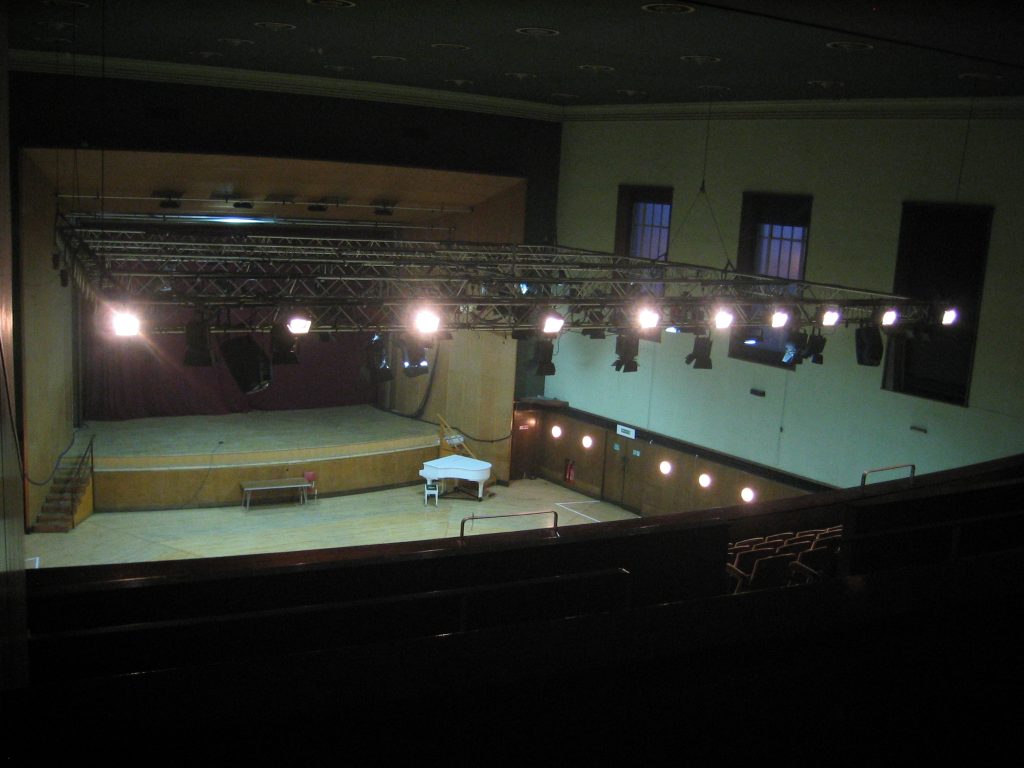
Claire Appleby, the architecture adviser for Theatres Trust and manager of ‘Theatres at Risk’, said: “In the previous couple of years we saw very small numbers of buildings come on [to the register], so it’s by far the worst year.
“The good news is that the risk register can help raise awareness for those buildings, both at a local and national level. That’s what we’re there to do.”
After 48 theatres were included on the register in 2013, Theatres Trust decided to focus only on the most important cases, which makes this year’s high figure all the more troubling.
Theatres Trust provides support and advice to campaign groups and local authorities in an effort to return the at-risk theatres to fully-functioning arts and performance spaces.
This year’s worrying figure comes as the impact of COVID-19 on the performing arts sector is still being keenly felt.
Last week, the producers of the hit West End play ‘The Shark is Broken’ triumphantly announced it had recouped its budget after an extended run, showing that simply breaking even is a challenge in today’s theatrical climate.
Appleby said: “We’ve seen COVID shutting down venues and old theatres which have had other uses.
“For instance, Mecca Bingo has closed down quite a few of their venues, so we have the Garrick Theatre in Southport coming on [the register] because of that.”
Many of the theatres on the register had been used for non-theatrical purposes for some time, such as the Streatham Hill Theatre in Lambeth, which operated as a bingo hall from 1962 until 2017, and the Garston Empire in Liverpool, which operated as both a cinema and a bingo hall until 2009.
COVID-19 also affected the ability of local authorities to support struggling venues due to the financial costs of the pandemic.
Some local authorities, such as those in Haywards Heath and Thurrock, opted to instigate the permanent closure or demolition of their community theatres in an effort to replenish their budgets.
In London, data from London Councils showed that COVID-19 cost boroughs £1.8 billion in 2020-21, and caused a funding gap of £1.3 billion.
London buildings are particularly susceptible to redevelopment or demolition, and data from the Theatres Trust shows that of the 25 London theatres that have been removed from the ‘Theatres at Risk’ register since 2004, almost half of them have been redeveloped, demolished or closed indefinitely.
Appleby said: “There is a big demand for city centre sites in London. You’re having to fight developers.
“If you’re looking at what you can get commercially for a site for residential, for hotel use or for retail offices, in the short term it’s going to be a much higher return on your money.
“I think when you’re talking about theatre and you’re talking about arts use, you have to look at a much longer-term level of repayment.”
As well as long-term economic benefits for venues, a report by the Society of London Theatre showed that 69% of London theatre-goers spend money on eating out as part of their trip and 22% spend money on accommodation, which brings enormous economic benefits to the areas around theatres.
The rejuvenation of historic venues on the ‘Theatres at Risk’ register has the potential to bring similar benefits, Appleby said, citing the historic Walthamstow Granada venue as an example.
“Up in Walthamstow at the Walthamstow Granada, the Waltham Forest Council undertook an economic impact assessment on the building and estimated that reopening it as a theatre would bring £34-52million to the local economy over a 10-year period.
“The economic impact of those theatres is quite phenomenal.”
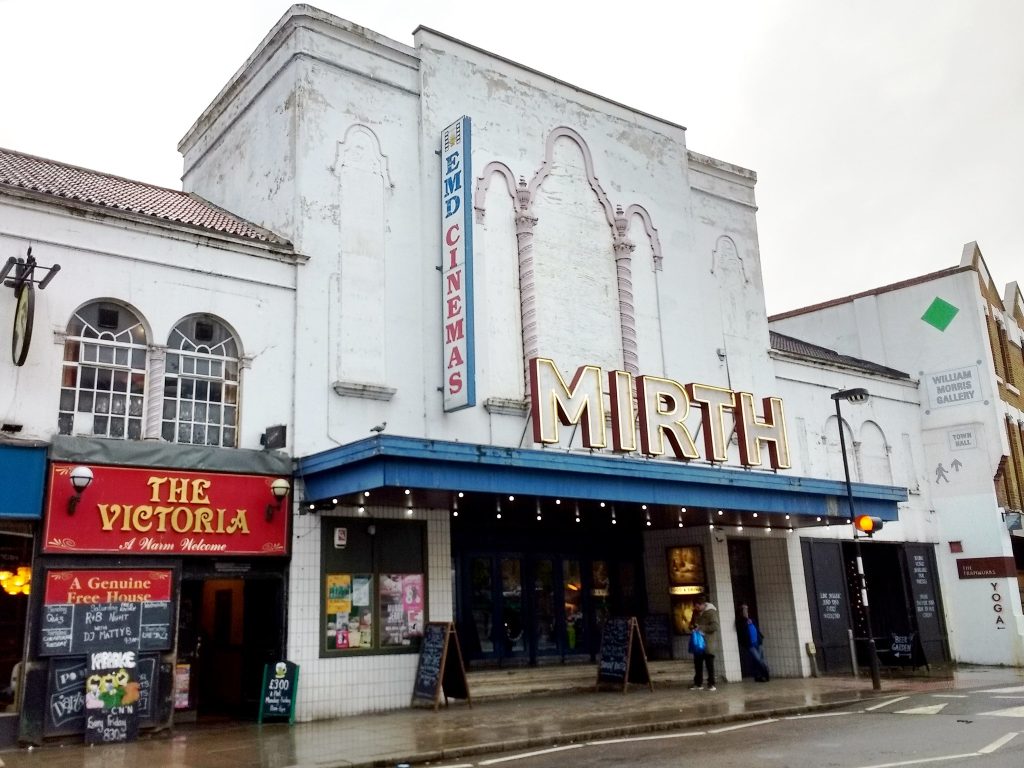
The Walthamstow Granada is one of the Trust’s most prominent success stories, a Grade II-listed cinema that faced redevelopment but was saved by successful community campaigning.
It is now run by Soho Theatre, a charity and social enterprise based in the West End.
“There’s an awful lot of campaign groups that are really important for all of those theatres,” said Appleby.
“They are quite often the driving force.
“Yes, you do need council support, that’s crucial, and it’s great if you’ve got an operator who comes along and wants to use the building as well, but having those locals there on the ground and campaigning for the building makes such a huge difference.”
One of the five London venues on this year’s ‘Theatres at Risk’ register that also enjoys widespread community support is the Streatham Hill Theatre in Lambeth, a lavish Grade II-listed building that The Friends of Streatham Hill Theatre have been campaigning to return to use as an arts and cultural space since it closed as a bingo hall in 2017.
Fran James, the deputy chair and trustee of The Friends of Streatham Hill Theatre, said: “It’s obviously very important to have the national recognition, but it’s a concern to see more [theatres] being added to the register than leaving it.
“But it is helpful to us that all the theatres that go on this register are seen as having the possibility of coming off it.”
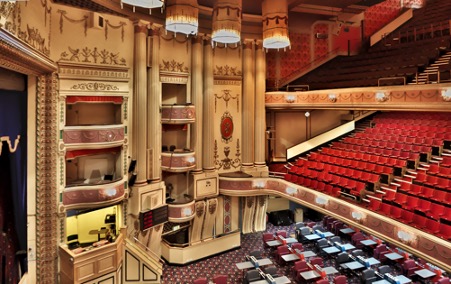
Despite the negative effects of COVID-19 on many local venues and authorities, James said the pandemic has seen more people signing up to the campaign to save Streatham Hill Theatre.
“In the last two years, the number of people signing up to be members online has increased by six or seven hundred people,” said James.
“The followers that we’re getting on social media are growing regularly, 30-40% in the last year or so.
“Then there is the recognition locally, whether it’s in local media, whether it’s in shopfronts, or just talking to people as you walk up and down the road, you can feel that there is genuine support for it in the local area.”
The Theatres Trust has provided extensive financial support and advice to The Friends of Streatham Hill Theatre, but simply being recognised by the ‘Theatres at Risk’ register was a vital step of the journey towards restoration.
James said: “The belief is that with the right kind of support, they [at-risk theatres] have the potential for the future to be successful and thriving, and that recognition builds awareness, builds support, and builds knowledge that there’s an opportunity there.”
By Henry Bird
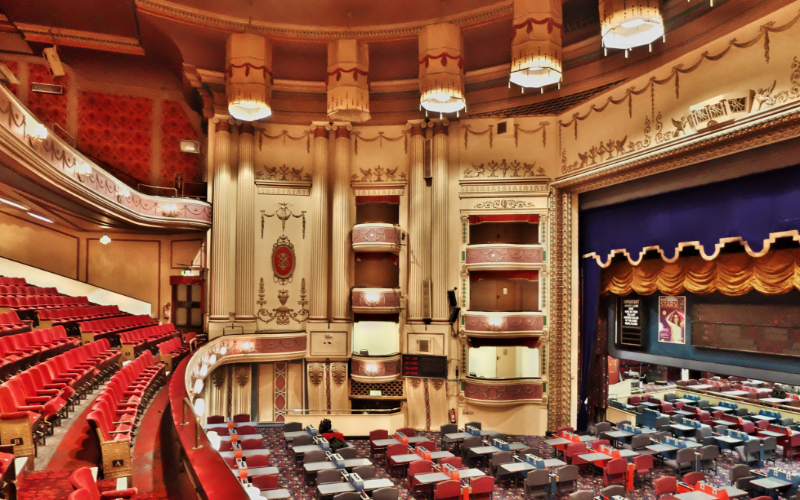

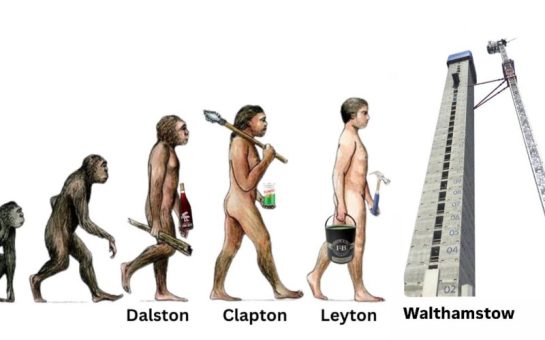
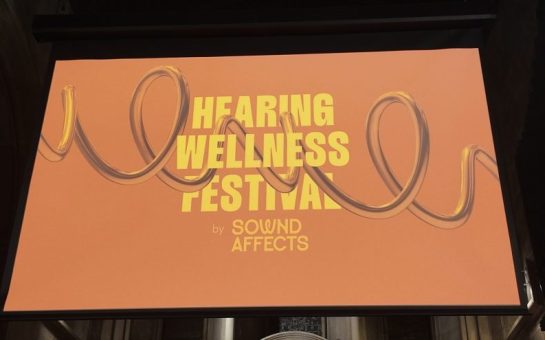

Join the discussion